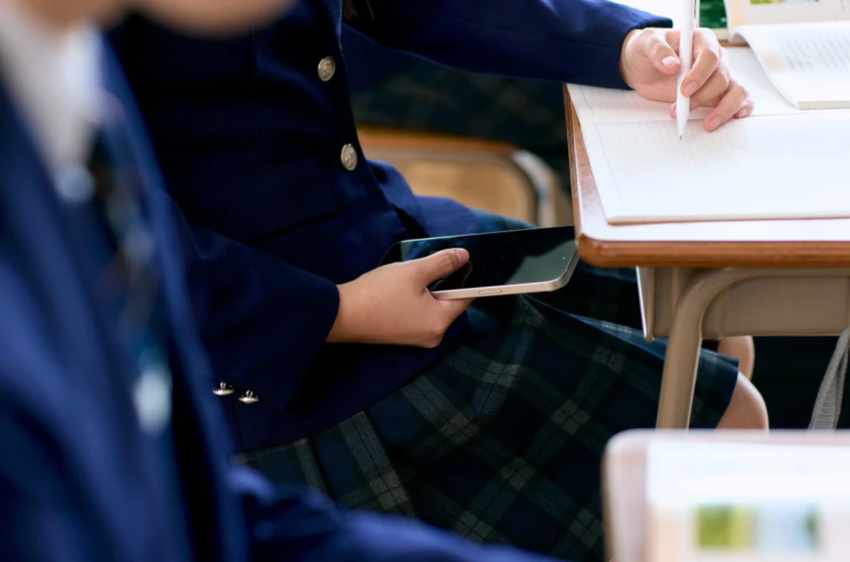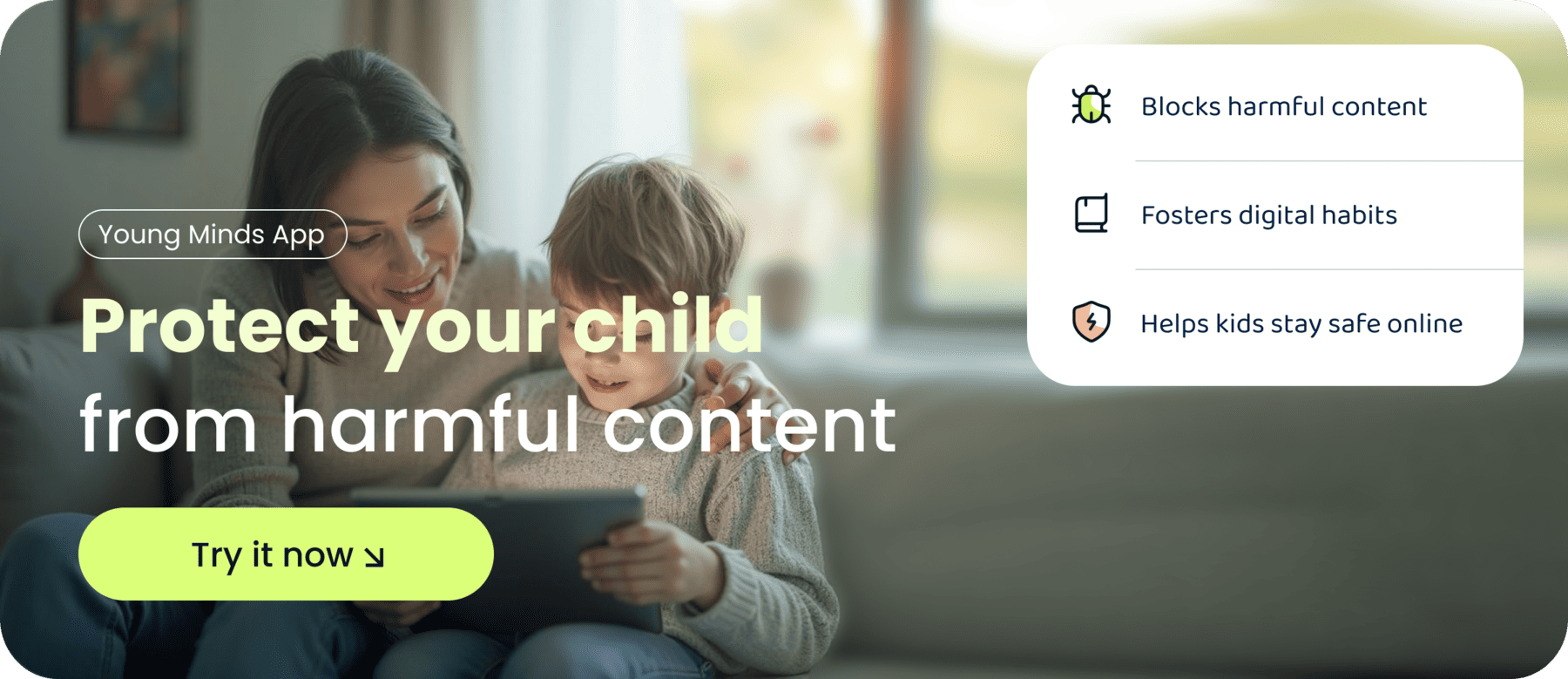South Korea has just announced a nationwide ban on mobile phones in school classrooms, starting March 2026. The decision follows growing concerns about smartphone addiction and its impact on children’s learning, socialisation, and emotional wellbeing.
While some parents are celebrating the move, others are asking: is banning the answer, or do children need better guidance on how to use technology responsibly?
Why Countries Are Banning Phones in Schools
South Korea isn’t alone. France, Finland, Italy, the Netherlands, and China have all restricted smartphones in schools. The reasoning is clear:
- Improved focus: Research shows constant notifications fragment attention and lower academic performance.
- Mental health protection: Studies link heavy social media use to anxiety, poor sleep, and depression in teenagers.
- Classroom culture: Teachers report more disruptions, cyberbullying, and conflicts linked to smartphones.
On the surface, banning looks like a simple solution. Take the distraction away, problem solved. But as many experts (and even students) point out — addiction doesn’t disappear when you remove the device. Kids still use phones on the bus, at home, or late at night.
The Real Challenge: Building Digital Resilience
One South Korean student summed it up: “Rather than simply taking phones away, the first step should be teaching students what they can do without them.”
And that’s exactly the problem with bans. They delay the issue but don’t prepare children for the real digital world. Eventually, every child will face social media, group chats, online games, and algorithms designed to keep them hooked.
If they haven’t learned how to navigate that world responsibly, they’re left vulnerable.

From Bans to Balance
Strict bans can reduce distraction, but real progress comes when children learn how to manage their digital lives responsibly. Parents can support this by:
- Explaining boundaries clearly – so children understand why limits are in place.
- Giving freedom gradually – letting kids take on more responsibility as they show they’re ready.
- Encouraging positive habits – like using tech for creativity, learning, or hobbies rather than endless scrolling.
- Creating opportunities to reflect – asking children what they enjoy online and what makes them feel uncomfortable.
- Building trust through conversation – making screen use a family discussion rather than a daily battles.
What UK Parents Can Learn from South Korea
While South Korea is taking the legislative route, UK parents don’t need to wait for bans. We can:
- Start early – Shape healthy digital habits from the first device, rather than undoing bad habits later.
- Use guidance, not just restrictions – Tools like Young Minds App protect, but also educate.
- Focus on balance – Encourage offline hobbies, family activities, and routines that reduce dependency on screens.
- Stay connected – Make digital life a shared journey, not a battleground.
Final Thought
The South Korea phone ban is a wake-up call. Parents everywhere are grappling with the same question: how do we keep kids safe without cutting them off from the digital world they’re growing up in?
At Young Minds App, we believe the answer isn’t just banning or blocking. It’s preparing. Because you can’t be there for every click, but you can raise a child who knows what to do when you’re not watching.
Discover how Young Minds App can help your family build safe, confident digital habits — from the very first device.
Parents Also Ask:
Which countries have banned smartphones in schools?
Several countries have introduced restrictions:
- South Korea – Full classroom ban from 2026.
- France & Finland – Ban applies to younger school years.
- Italy, Netherlands, China – Nationwide restrictions across all schools.
- UK – Many schools set their own rules; a nationwide approach is under discussion.
What does the UK Online Safety Act mean for parents?
The UK’s Online Safety Act (2023) is designed to make the internet safer for children. It places new duties on tech companies to protect young users from harmful content like cyberbullying, pornography, and grooming. For parents, this means platforms will need stronger safety measures, but it doesn’t remove the need for active parental guidance. Families still play the biggest role in teaching children safe, balanced digital habits.
Does banning phones solve smartphone addiction?
Bans can reduce distractions in classrooms, but they don’t address how children use devices at home or socially. Experts suggest teaching digital resilience — through guided use, healthy routines, and open conversations, is more effective in the long term.





